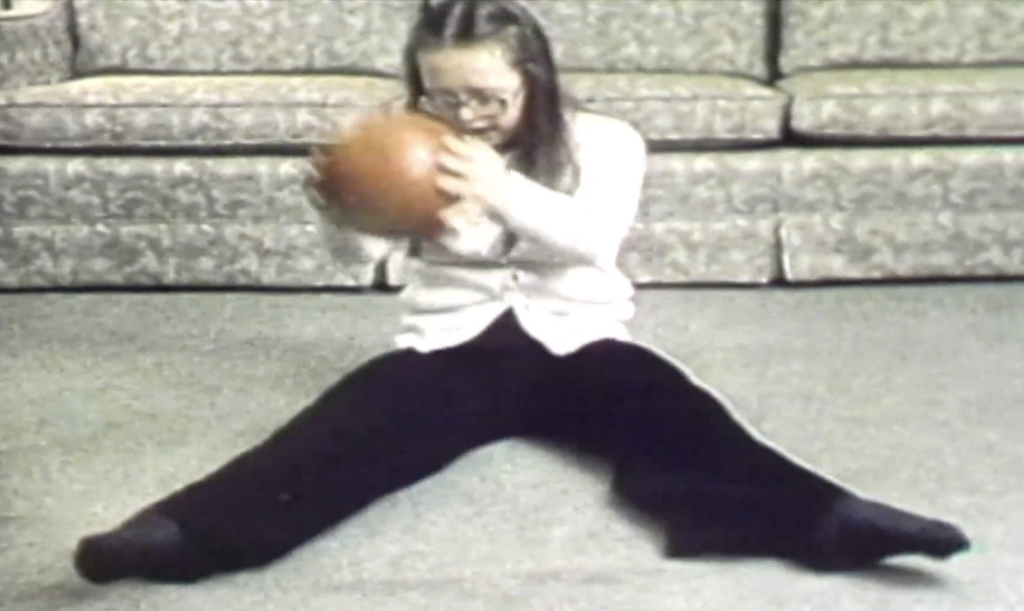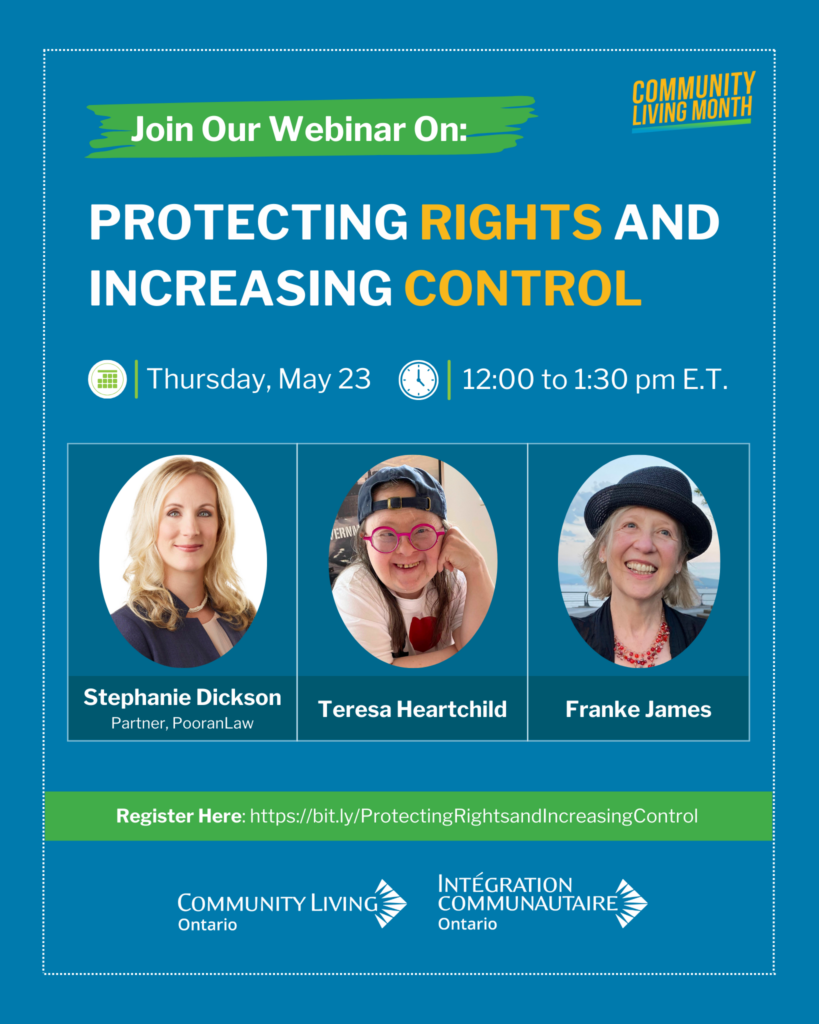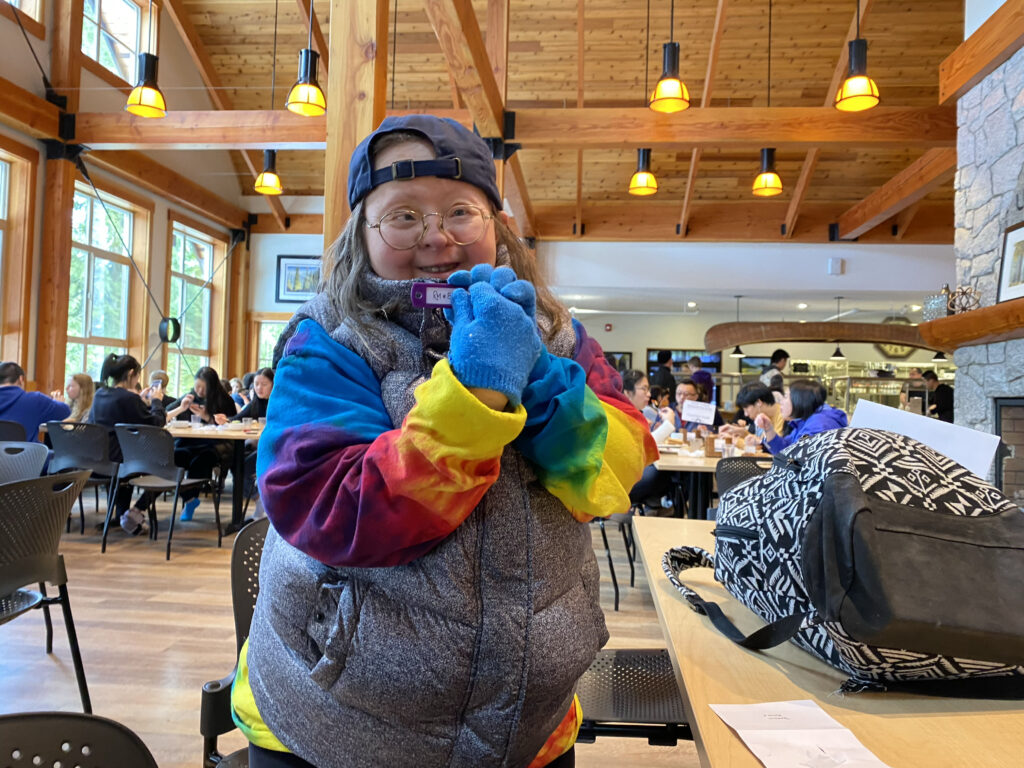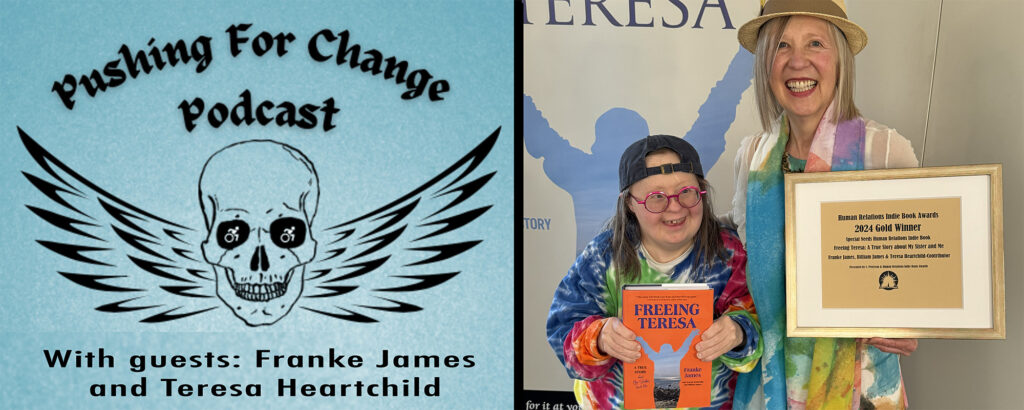
My thought today is that activism begins at home! We may think activism is all about crowds marching in the streets with placards waving and megaphones blaring. But the first opportunity is at home with our families.
In our private decision-making, when nothing is public yet, threats to civil and human rights can happen too easily. Ask yourself, would you stand up to your family to protect your sibling’s right to be different? To be Gay or Transexual or Disabled—and free to make their own choices?
My sister Teresa and I were honoured to appear on Cruisin’ Cripples podcast, Pushing for Change, to talk about activism. But sadly, speaking up to our own family wasn’t enough. I had to take action to protect Teresa—which is what my memoir Freeing Teresa is all about.
On Family Activism
An excerpt from my podcast interview with host Kevin Brown:
K.B.: It’s an amazing story… You had already agreed that you were going to take your sister in. Why do you think that was not a viable option for your siblings?
FJ.: Well, I think there are two things. There were power issues. My sister, Deirdre (pseudonym), was older than me, and who was this young sibling who was saying, no, it’s not going to work… And there was a whole group of people surrounding Teresa who said that she had to go into a nursing home. And the other reason was it was a free ticket for life. Teresa would’ve had her healthcare and room and board covered. But at what cost? It was so limiting to be in an institution. I was just horrified.
K.B.: Certainly… So, I know Teresa is not the only one who has experienced something similar. So what is the alternative? If someone can’t care for them, they go into an institution.
“There are many options.”
FJ.: There are many people with Down syndrome (which Teresa has) who are helped by the system to live in the community… The Canadian Charter says that we’re all equal. The UN Convention on the Rights of People with Disabilities says they have the right to live in places of their choice. And yet Teresa wasn’t given that choice. Initially, I thought that Teresa was the lone exception being pushed off to a nursing home. And over the years, I’ve learned that there are many thousands of “Teresas” across Canada and the U.S.A., and even worldwide. The UN calls it a massive human rights violation.
Activism in action: Getting the government apology
K.B.: I know you had a Change.org petition and got an apology letter.
FJ.: Yes. But let me tell you about that activism… On March 21st, Teresa launched the Change.org petition, calling for human rights to be respected and the government to say sorry, and we got an outpouring of support, 25,000 people. Lovely comments. Wonderful. If anybody is ever in a position to sign one of these petitions, please do. It makes an enormous difference.
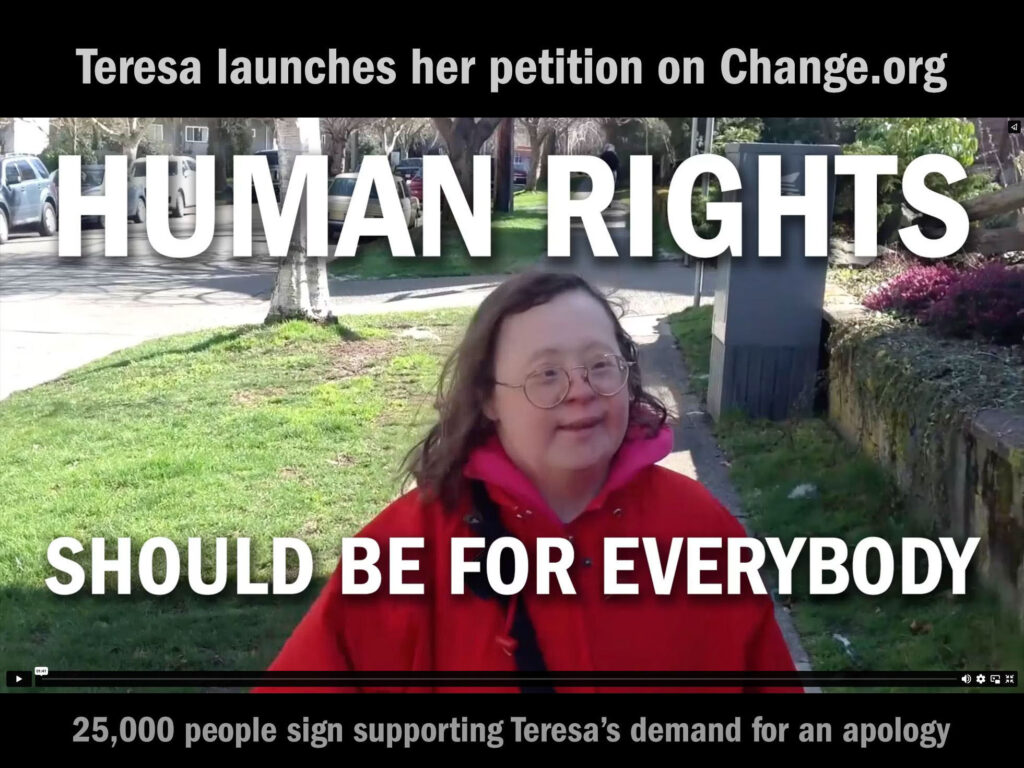
Unfortunately, the government didn’t pay attention in 2014. So even though we got so many signatures, it took another two years of activist campaigning and more media attention to put their feet to the fire and get the Ontario Minister of Health to apologize to Teresa on TV on her birthday, July 22nd, 2016.
K.B.: Well, if one could ask for a birthday gift, that would be the highest of gifts received.
The Minister’s apology on TV in 2016
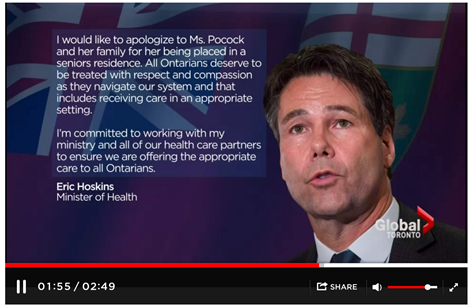
Teresa’s Activism resulted in an official letter!
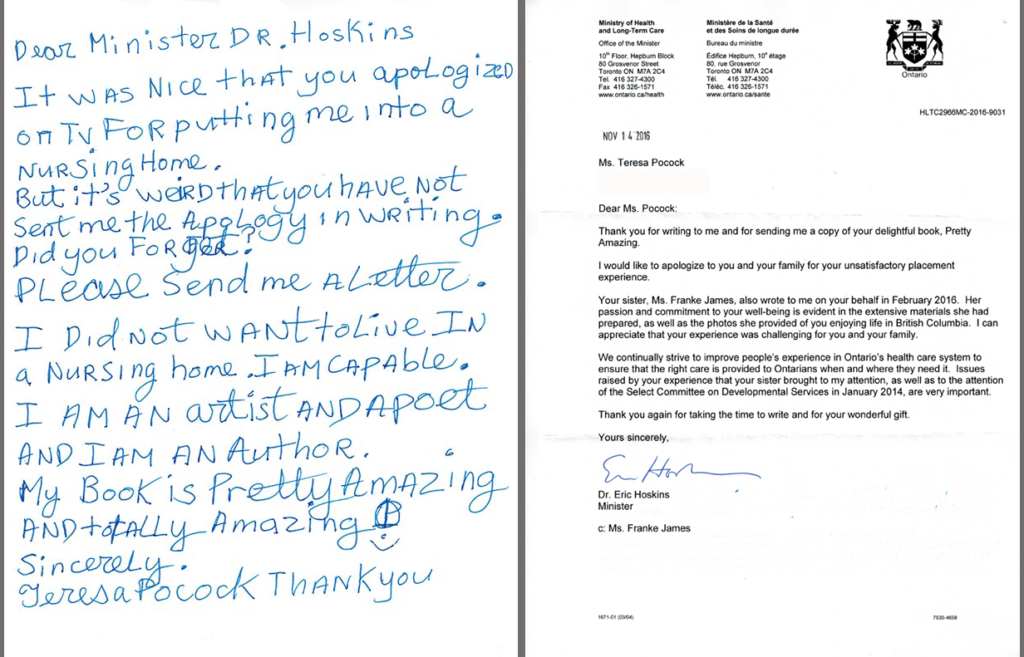
Listen to the full podcast on Spotify

Feedback: “Incredibly moving. A must-listen”
“I just finished listening to the episode featuring Franke James, and it was incredibly moving… This episode is a must-listen for anyone interested in human rights, family bonds, and the strength of the human spirit. Highly recommend!” S. H.

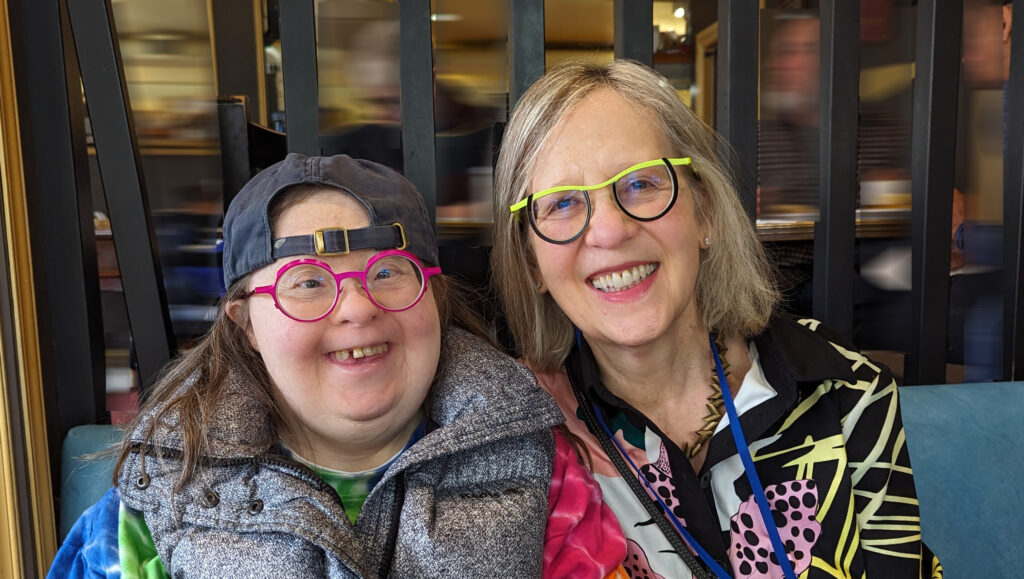
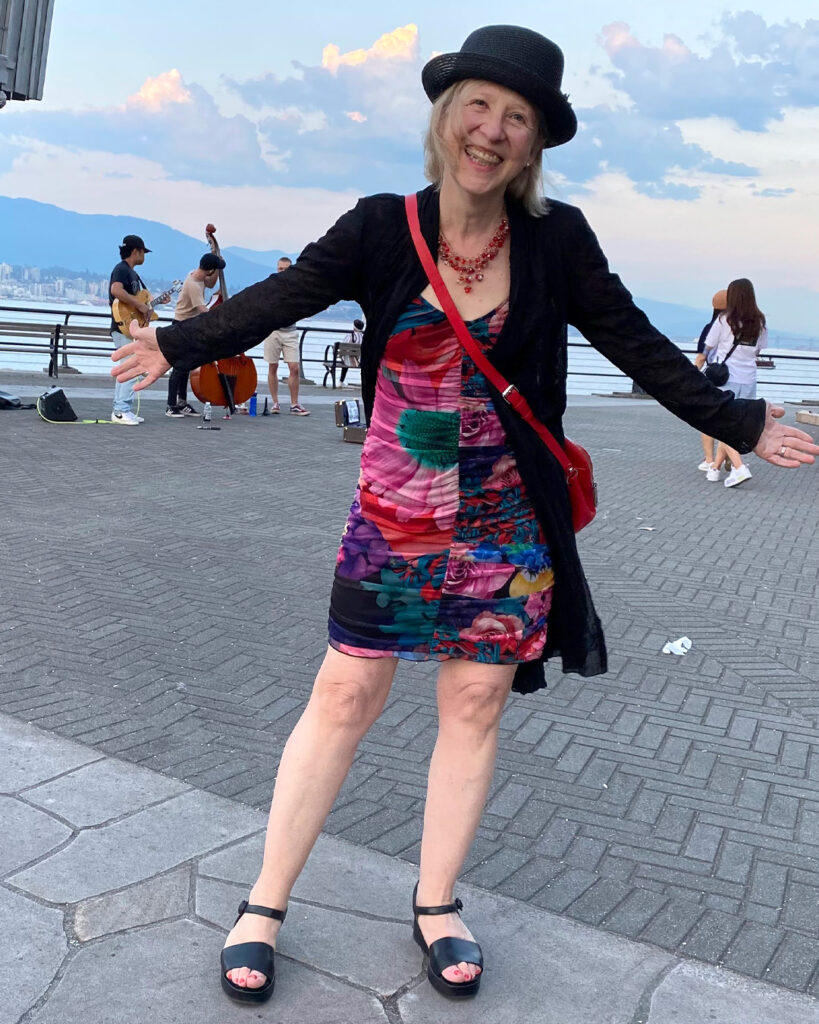
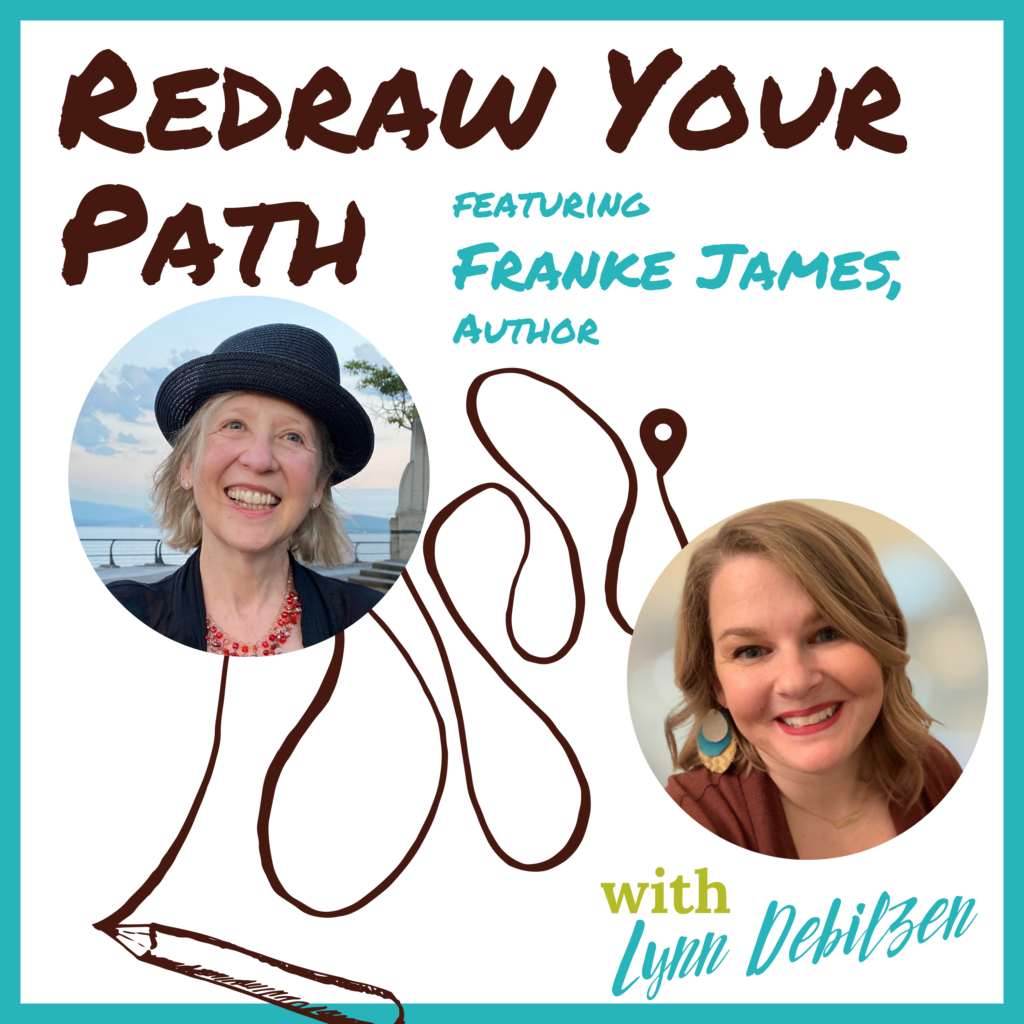
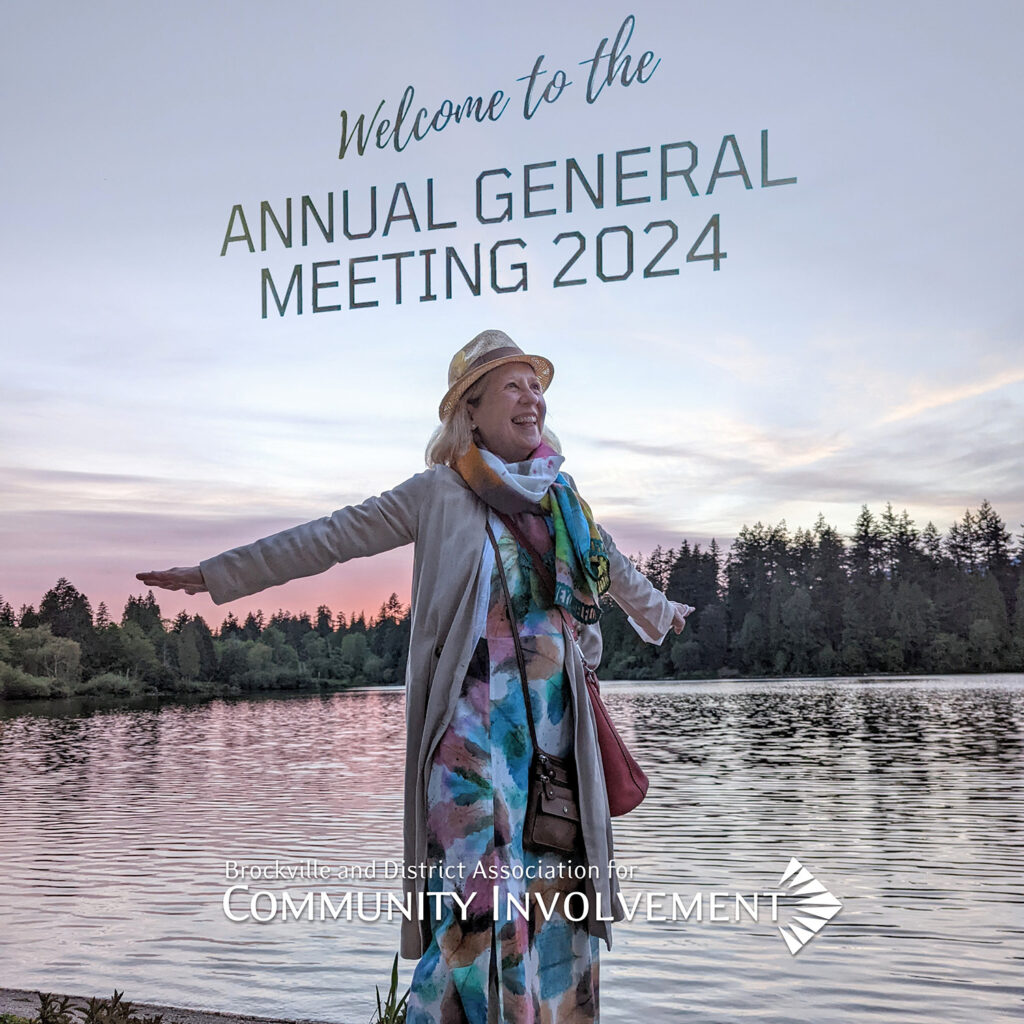

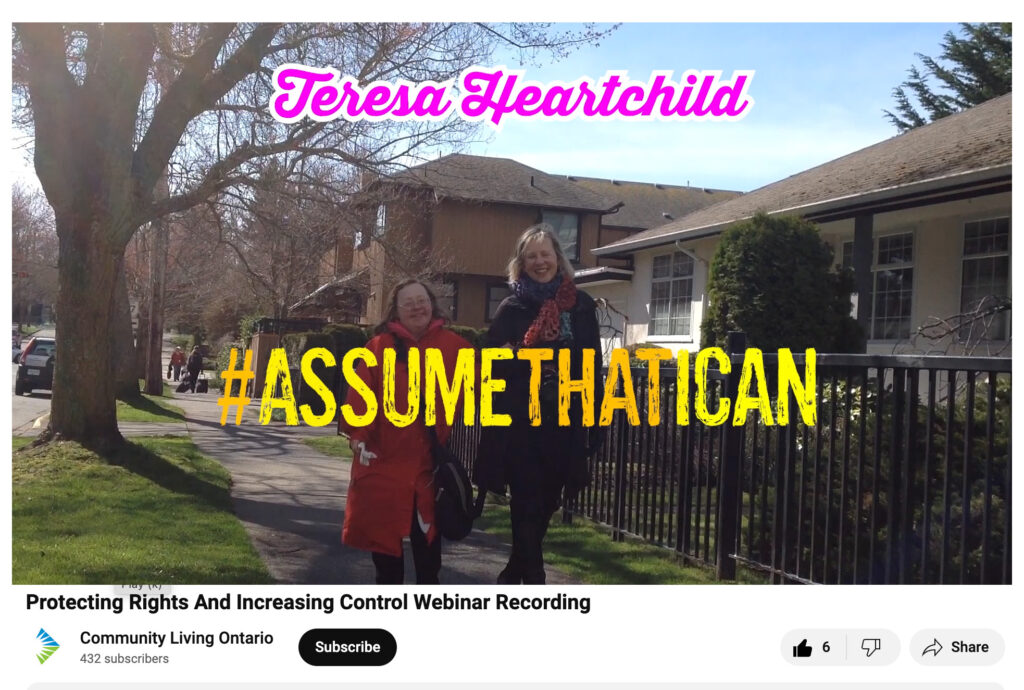
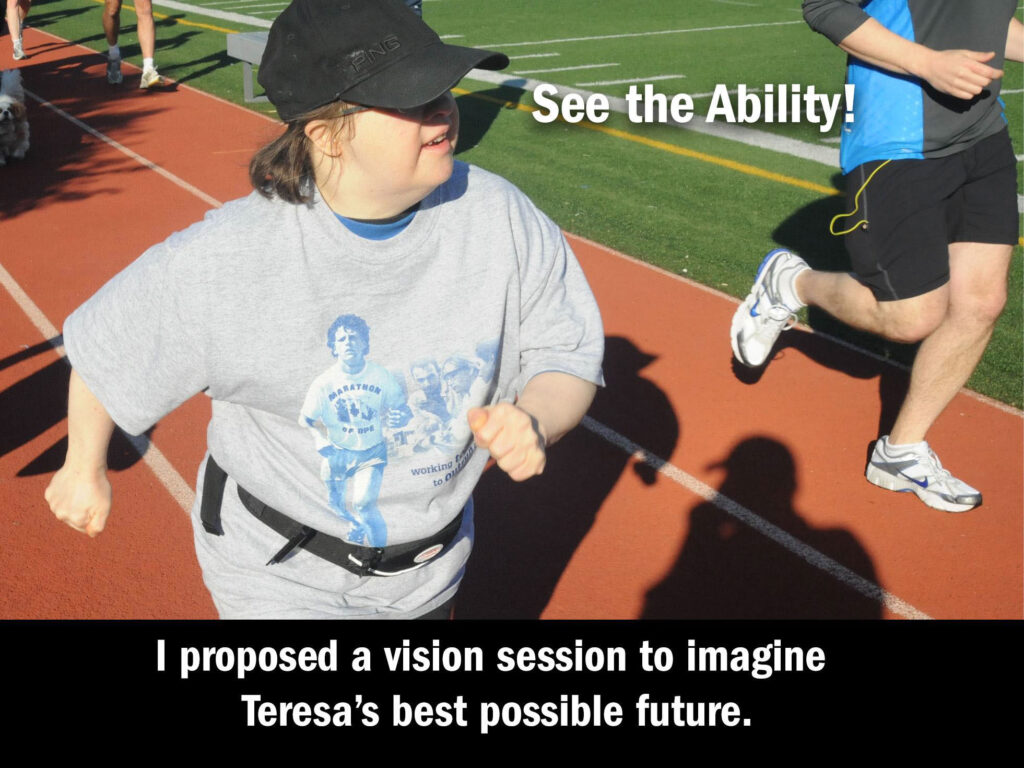
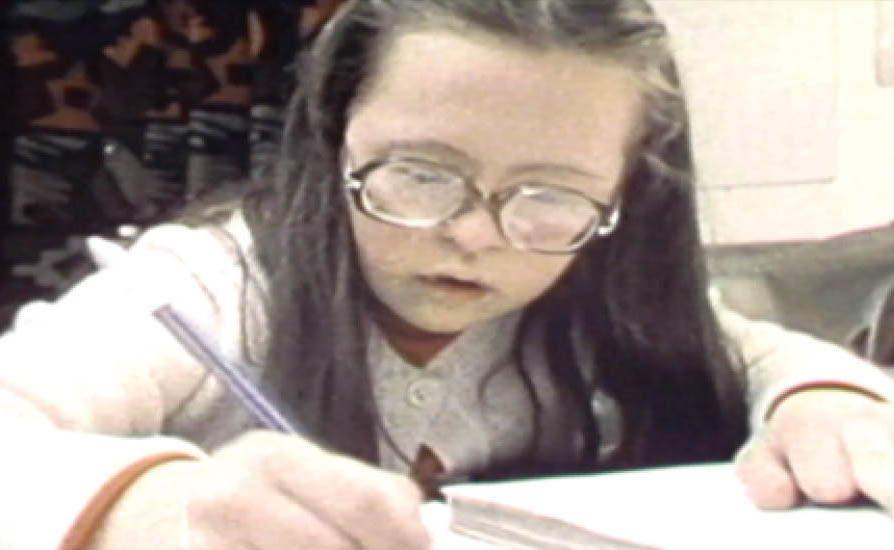
![TV listing ad for “Exploding the Myth” features thirteen-year-old Teresa wearing glasses and holding an exercise ball in her arms. Teresa looks at the camera with an expression of curiosity and wonder. Her lips are parted as though she’s about to speak. The ad text said, “Exploding the Myth. Thirteen-year-old Teresa [redacted surname] plays an important role in Exploding the Myth, a documentary special which explores the attitudes of a significant portion of the general public toward those who are mentally handicapped. Images and text used with permission from Community Living Ontario.](https://freeingteresa.com/wp-content/uploads/2024/05/04-1979-03-19-ExplodingTheMyth-Advert-1024x608.jpg)
